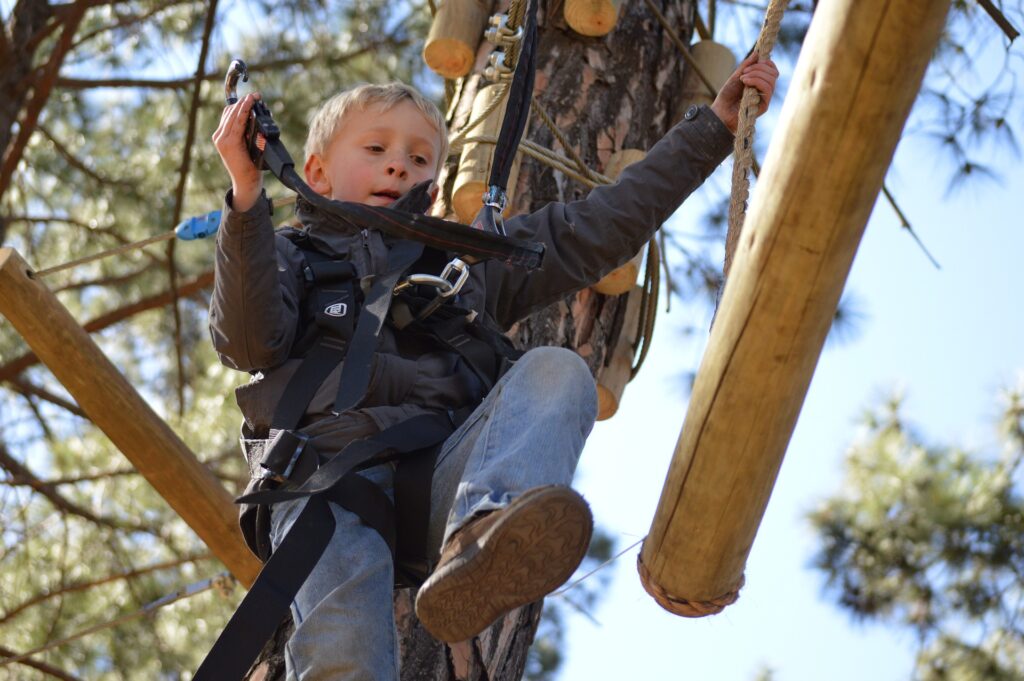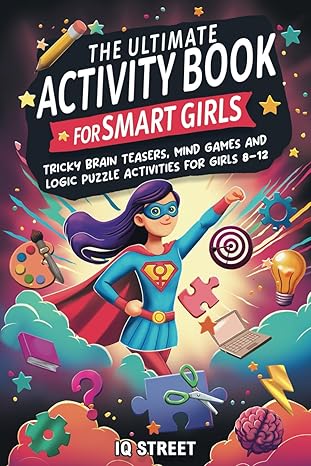Extracurricular activities play a crucial role in the development and well-being of children aged 6 to 12. They complement school education by providing opportunities for learning, socialization, and personal growth in a different and often more enjoyable setting.
Benefits of Extracurricular Activities
- Development of Social Skills: Extracurricular activities are an excellent way for children to meet new friends, learn to work in a team, cooperate, and resolve conflicts. They also foster the development of empathy and respect for others.
- Development of Self-Confidence: By participating in extracurricular activities, children can discover new talents, develop skills, and achieve success. This strengthens their self-esteem and confidence in their abilities.
- Development of Creativity and Imagination: Artistic, musical, or sports activities stimulate children’s creativity and imagination. They allow them to express themselves, develop their aesthetic sense, and discover new passions.
- Development of Physical Skills: Sports activities are essential for children’s physical development. They improve their coordination, endurance, strength, and flexibility. They also help prevent obesity and promote a healthy lifestyle.
- Development of Cognitive Skills: Some extracurricular activities, such as language courses or science clubs, can stimulate children’s cognitive development. They can improve their memory, concentration, logic, and problem-solving skills.
- Openness to the World: Extracurricular activities can open children up to the world around them. They can allow them to discover new cultures, new languages, new disciplines, and new interests.

Choosing the Right Extracurricular Activities
It is important to choose extracurricular activities that correspond to the child’s interests and needs. It is also important to consider their age, personality, abilities, and schedule. It is best to let the child choose the activities that interest them the most, so that they are motivated and enjoy them.
Types of Extracurricular Activities
There are a multitude of different extracurricular activities, adapted to the tastes and needs of each child. They can be classified into several categories:
- Sports Activities: football, basketball, swimming, gymnastics, dance, martial arts, etc.
- Artistic Activities: music, painting, drawing, theater, pottery, sculpture, etc.
- Cultural Activities: language courses, science clubs, reading clubs, chess, etc.
- Leisure Activities: scouting, board game clubs, cooking workshops, etc.
Choosing the Right Activities for Your Child
It is essential to choose activities that correspond to the child’s interests and needs. Here are some tips to help you in your choice:
- Consider your child’s tastes: Let them choose the activities that attract them the most.
- Observe their talents and abilities: Encourage them to develop their strengths.
- Consider their age and personality: Some activities are more suitable for certain ages or certain types of personality.
- Find out about the activities offered: Compare the different options and choose the ones that seem the most interesting to you.
- Talk about it with your child: Discuss the advantages and disadvantages of each activity with them.
- Try several activities: If your child hesitates, suggest that they try different activities before making their final choice.

Balance and Organization
It is important to find a balance between extracurricular activities and the time spent on studies, homework, and leisure. Here are some tips to help you organize your child’s schedule:
- Do not overload their schedule: Leave them time to rest and relax.
- Plan activities in advance: Establish a clear and precise schedule.
- Consider time constraints: Choose activities that are not too far from your home or school.
- Communicate with the activity leaders: Inform them of your child’s availability.
- Be flexible: Adapt the schedule according to your child’s needs.
Role of Parents
Parents play an essential role in their child’s development through extracurricular activities. Here are some tips:
- Encourage your child: Support them in their activities and congratulate their progress.
- Take an interest in what they do: Ask them questions about their activities and what they are learning.
- Participate in their activities: Attend their competitions, shows, or exhibitions.
- Communicate with the activity leaders: Find out about your child’s progress and any difficulties they may encounter.
- Be a role model for your child: Show them the importance of extracurricular activities by practicing an activity yourself.
Long-Term Benefits
The benefits of extracurricular activities are not limited to childhood. They extend into adulthood, promoting:
- Academic and Professional Success: Children who participate in extracurricular activities tend to have better academic results and be more successful in their work.
- Physical and Mental Well-Being: Physical and sports activities help prevent obesity, cardiovascular disease, and stress.
- Personal Development: Artistic and cultural activities promote creativity, imagination, and open-mindedness.
- Social Integration: Extracurricular activities allow you to meet new people, make friends, and develop your social network.
Conclusion
Extracurricular activities are a valuable asset for the development of children aged 6 to 12. They are a valuable investment for your child’s future. They allow them to develop social, personal, and cognitive skills, discover new passions, and open up to the world. It is important to choose the right activities, taking into account the child’s interests and needs, and to ensure that there is a balance between extracurricular activities and the rest of their life.












Reading your piece felt like walking through a lush garden of ideas, each one blooming with vibrant insights that invited both contemplation and joy. Your words move with such effortless grace, and the way you bring together seemingly disparate thoughts into a cohesive whole is nothing short of magical. It’s a rare gift to make complex ideas feel so accessible, yet so profound.